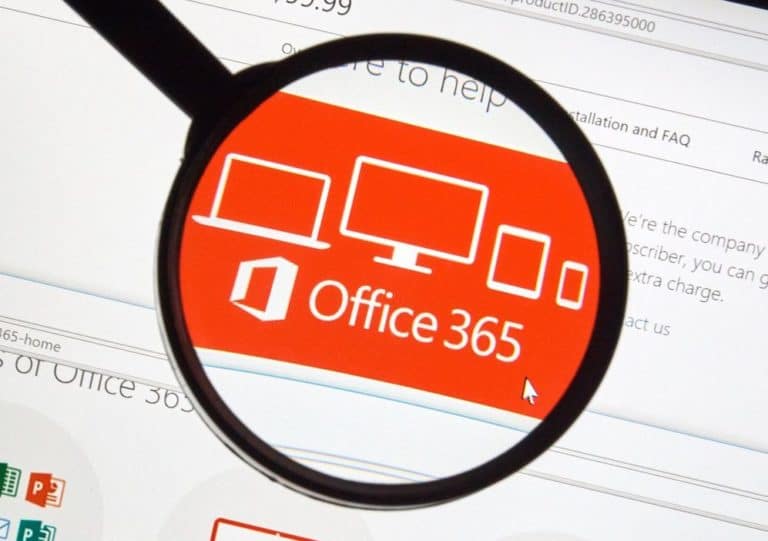Critics claim the new productivity monitoring feature does more than measure engagement – it spies on employees.
Microsoft has come under attack for its new “Productivity Score” feature, a “tool” that allows IT managers (and hence bosses) to track workers’ productivity.
Wolfie Christl, a researcher with Austria-based digital rights non-profit Cracked Labs, first raised the issue. He posted a series of Tweets that leveled some pretty serious accusations at Microsoft.
“Esoteric metrics based on analyzing extensive data about employee activities has been mostly the domain of fringe software vendors,” Christl tweeted on November 24. “Now it’s built into MS 365. A new feature to calculate ‘productivity scores’ turns Microsoft 365 into an full-fledged workplace surveillance tool.”
Just a tool to help IT managers during the pandemic?
Microsoft announced the Productivity Score feature in late October. The company presented it as a tool to help organizations speed up digital transformation projects during the pandemic. For most enterprises, the COVID emergency requires more people to work remotely. This in turn has caused major changes in how workers use technology.
Jared Spataro, Microsoft’s Corporate Vice President for Microsoft 365, explained the advantages of the feature in a blog post.
“People are your most important asset, and helping them adapt to new ways of working is key to any successful transformation. Technology, meanwhile, is the enabler, helping to unleash the ingenuity that only people possess,” he writes.
Feature may not be legal under EU privacy law
Critics like Cracked Labs’s Christl are not buying the Microsoft explanation that Productivity Score is simply a way to help leverage technology and smooth a company’s digital transformation.
“Microsoft lures companies into sharing employee data with Microsoft in order to show them how their numbers compare to the numbers of other organizations,” he tweeted. “As a result, Microsoft gets access to a massive stack of employee data across many organizations.”
“I don’t think employers can legally use it in most EU countries,” Christl asserted. “I’m sure they cannot legally use it in Austria and Germany.”


















